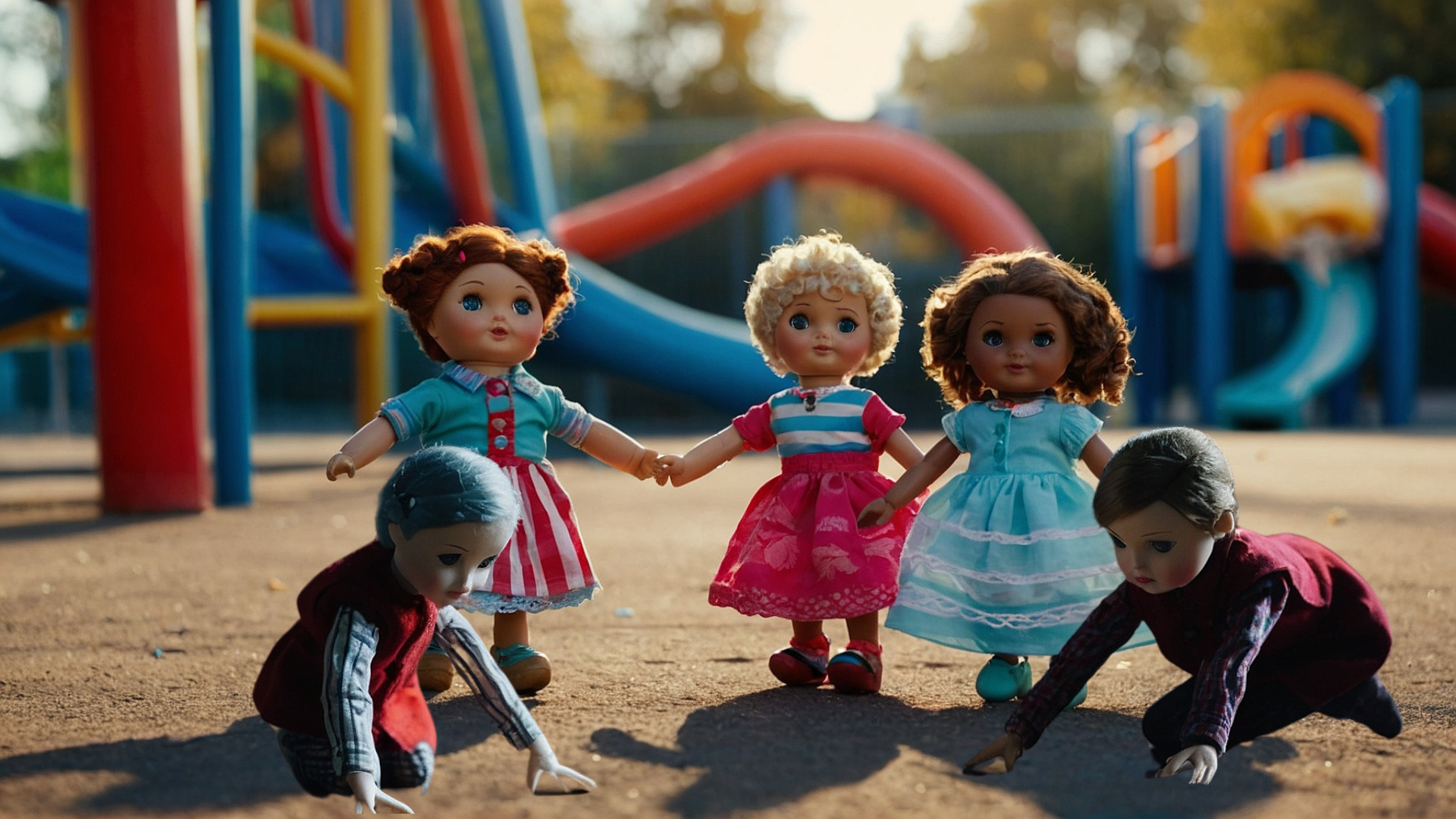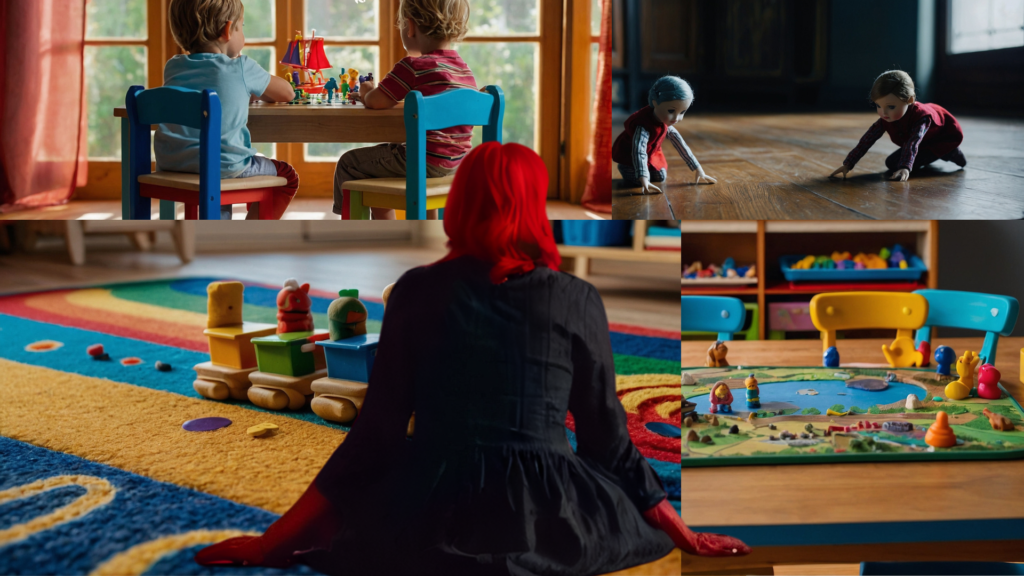A Third Space
To become conscious of Myself

What is it?
Third Space, where children have the freedom to play, to choose, to make mistakes, to say no to what they don’t like, to discover themselves and appreciate themselves as individuals, so that they can in turn appreciate the individuality of others
A children-safe space
A children-oriented space
With open-ended stuff and toys
Material to draw and model
Board games
Freedom to choose!
Third Space
A children-safe space
A children-safe space, which means, no stairs, balconies or any type of element that may be considered “dangerous” and that will require a stay away warning from an adult
A children-oriented space
The furniture must be within a child’s reach, with doors that open and close safely, and placed at such height that they don’t need to ask an adult for help to reach something that is too high or hidden
With open-ended stuff and toys
As lids, boxes, plastic containers, chips, pieces, plastic and/or wooden figurines; as well as plastic or stuffed animals and dolls in different sizes. Also, hats, caps, or preferable some costumes with a variety of clothes
Include material to draw and model
Sheets of paper with crayons, and any other materials to draw and paint with watercolors and finger paint. Also, play dough in many colors. As well as legos or magnetic pieces to build houses and vehicles
Include board games
Which encourage rule learning and the experience of winning and losing, without establishing any hierarchies where some feel superior or inferior in regards to the others
Give freedom to choose
Present at least three options to choose from, as opposed to two as it is usual, since this limitates their perspectives and instigates a feeling that what I end up choosing is good and what I leave behind is bad
Foundations
Knowing Myself has pillars and inspiration from Dr. Carl G. Jung, creator of Depth or Analytical Psychology during the first half of the 20th century.
Also, Ivan Illich, philosopher and social critic, writer of the great book “Unschooling Society” in 1971.
And Thomas Moore, psychotherapist and writer of dozens of best sellers such as “The Care of the Soul” in 1993 and “The Pleasure of Every Day” in 1997
Individuation
Uniqueness
Since the birth of each being
Unschooling Society
More psychology and understanding
Re-member, un-learn and reimagine
Foundations
Individuation
Dr. Jung’s concept, “individuation process”, which consists on a deep self-knowledge process that ideally every individual carries out, discovering his or her Self
Uniqueness
Each human being is a unique combination of talents and the idea is to enjoy discovering, practicing and sharing them with their context
Since the birth of each being
We carry out the individuation process since the birth of each being and for this it is necessary that the relationship of the parents or primary caregivers be as respectful as raises the RIE (Resources for Infant Educarers) philosophy
Unschooling Society
“The student is schooled to confuse teaching with knowledge,” (Ivan Illich), meaning that teaching is trying to forcefully deposit lessons in the students’ minds while each child will really learn the knowledge that interests to him or her
More psychology and understanding
“We need more psychology, we need more understanding of human nature, because the only truth that exists is humanity itself and we are shamefully ignorant of it.” (Carl Jung)
Re-member, un-learn and reimagine
Building on Illich and Jung’s insights, it’s crucial to reform all systems to foster genuine understanding of human development. It’s our ultimate goal!
Adults as Observers
There needs to be at least one observer per six children. It is vital that, in a Third Space, the observer is always present and with absolute attention at every moment.
The observer can be mom, dad, aunt, uncle, grandmother or grandfather, etc.
They do not have to do anything else besides observing deeply the wonderful thing that children’s free play is, whether solo or in group.
Observer duties
- To observe, only to observe and answer the questions that children may have
- Do not use the cellphone or tablet while observing
- Intervene if there is an emergency


Respect to Individuality
- Interactions developed through free play
- Choose what, how, and with whom to do something
- Internalized and become an essential part of the inner ludic world of every child
- Foundation of the self-esteem they will have as adults
“I am convinced that, if all adults are committed to giving you, the children of the world, respect and attention, you will internalize these affectionate voices and experiences, which will enable you to grow up as confident adults that will reach their whole potential.”
Themis De la Pena, Phd (2020)
Knowing Myself
Join Knowing Myself Observers
Stay in the loop with everything you need to know.